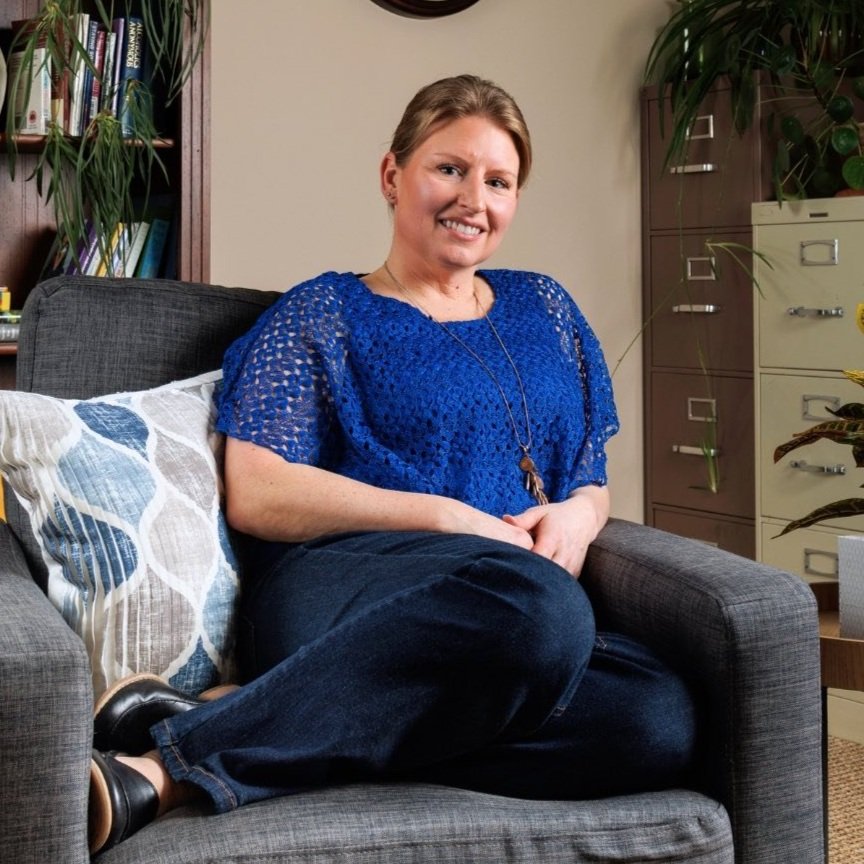Addiction Treatment Spokane WA: 5 Things I Wish People Knew About Getting Sober
Getting (and staying) sober doesn’t happen by accident. Below are a few things to consider about getting sober.
#TLDR
Motivation for change comes from know your WHY.
Not drinking, isn’t about not drinking.
Alcohol worked and it worked quickly.
A relapse doesn’t mean a start over.
It’s tough, but it does get easier.
1. Motivation for Change comes from knowing your WHY
As counselor providing addiction treatment Spokane WA, I always help clients get crystal clear about their WHY. Motivation for long-term behavior change is intrinsic. The way we build this internal motivation is through a deep understanding of the personal reasons ‘why’ the change is important. The most powerful “whys” are those which are value based. Values are learned in childhood and strengthened over our lifetimes. Unfortunately, even in the healthiest of families, we don’t sit around the dinner table and explicitly talk about values, so rarely do people have a clear understanding of what they really value.
To begin exploring your values, along the left side of a sheet of paper, write down all the things that are important to you, one per line. To the right of each item, write down 1-2 words about why that item is important to you. Repeat this process. Then review this third column, looking for themes and overlap that will point to your values. Lastly, narrow your list of value words down to five and see how your behaviors are in line (or out of line) with each. Once you have a clear understanding of your values, it becomes much easier to decipher if a decision (i.e. to drink or not) is in or out of line with your ‘why.’
2. Not drinking isn’t about not drinking.
Not drinking is about creating a full and satisfying life, that alcohol is no longer a part of. This includes healthy nutrition, exercise, sleep, emotional regulation, hobbies, stress management and a strong support system. If alcohol has been a central piece of your life, you may not know what a full and satisfying life even looks like for you. Spend time imagining who the best version of you is – what brings future you joy, how does future you unwind, how does future you treat your body, and what does future you spend time doing and with who. There is often a fair amount of trial and error as you explore new activities and hobbies.
3. Alcohol worked and it worked quickly.
When we start talking about healthier coping strategies, the truth is they don’t usually work as quickly or completely as alcohol. This means that you need to have a long list of healthy coping strategies and then experiment to discover which strategy or combination of strategies are going to be most helpful for each trigger. To stress the importance of this, I recommend clients make a list of 500 of these healthy coping strategies. While 500 may be a bit of an exaggeration, it does get my point across!
4. A relapse doesn’t mean a start over.
I often use the metaphor of hiking up a mountain when discussing relapse with clients. If you are hiking up a mountain and fall, you may tumble and roll a bit, but you are not going to fall all the way back to the trailhead. There will still be forward progress. This is the same with relapse. A relapse is never going to be a complete start over. Also, a relapse is not the time to take out a huge hammer and beat yourself up. Instead, use it as an opportunity to gather more information about triggers, warning signs and strengthen coping skills.
5. It’s tough, but it does get easier.
We are hardwired for habits and routines because they allow us to be more efficient thereby saving brain power. As you begin to change your pattern of drinking or stop drinking all together, you are literally changing brain chemistry, which is a pretty slow process. Patience and perseverance are crucial. Don’t forget to celebrate achievements along the way.
If you’re wondering about your relationship with alcohol, check out this blog post.
If you think anxiety might be making it harder to get sober, check out this blog post.
You don’t have to do this alone.
If you would like specialized help in exploring or changing your substance use, fill out this form to schedule your free telephone consultation. Lets figure what is getting in the way of your happy+healthy.
